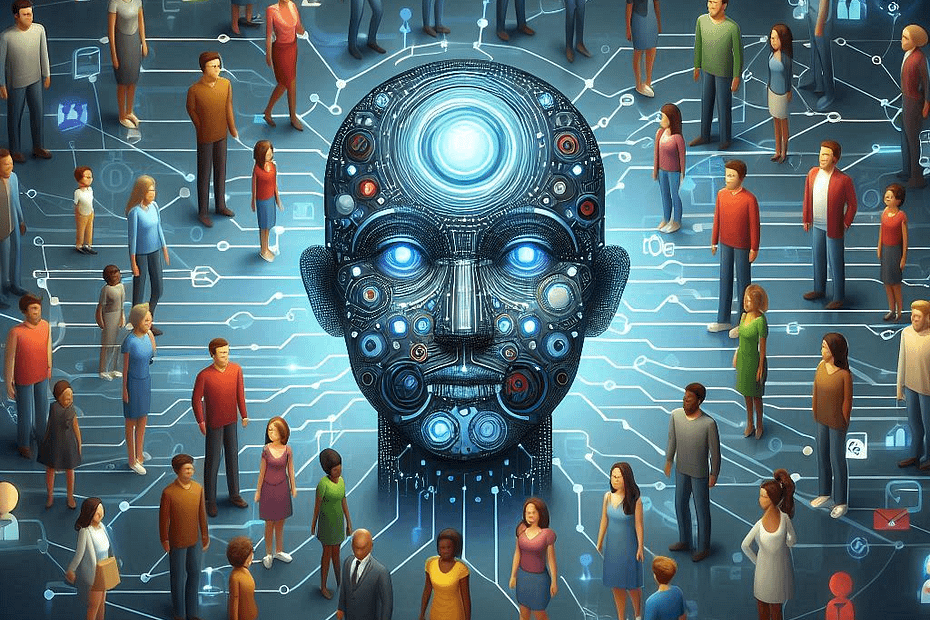As artificial intelligence (AI) becomes increasingly integrated into our daily lives, it’s essential to ensure that these technologies promote diversity and inclusivity. AI systems have the potential to perpetuate or even exacerbate existing biases if not developed and deployed responsibly. Here’s how we can address bias and promote diversity in AI:
1. Data Diversity: AI algorithms learn from data, and biased or unrepresentative data can lead to biased outcomes. It’s crucial to prioritize diversity in the datasets used to train AI models, ensuring that they reflect the full spectrum of human experiences and perspectives. This includes collecting data from diverse sources and actively seeking out underrepresented communities.
2.Bias Detection and Mitigation:AI developers must implement mechanisms to detect and mitigate bias in AI systems. This involves continuously monitoring AI algorithms for discriminatory patterns and taking corrective actions to minimize bias. Techniques such as fairness-aware machine learning and adversarial debiasing can help mitigate bias in AI models and ensure fair outcomes for all individuals.
3.Inclusive Design:AI systems should be designed with inclusivity in mind, considering the needs, preferences, and perspectives of diverse user groups. This includes providing user interfaces that are accessible to individuals with disabilities, supporting multiple languages and cultural contexts, and considering the impact of AI systems on marginalized communities.
4.Ethical Guidelines and Standards: Governments, industry organizations, and AI developers should collaborate to establish ethical guidelines and standards for the responsible development and deployment of AI technologies. These guidelines should address issues such as fairness, transparency, accountability, and privacy, ensuring that AI systems uphold ethical principles and respect human rights.
5. Diverse Representation in AI Development: Increasing diversity in the AI workforce is essential for promoting inclusivity in AI development. By recruiting and retaining individuals from diverse backgrounds, including women, people of color, and other underrepresented groups, AI teams can bring a broader range of perspectives to the table and create AI systems that better serve the needs of diverse communities.
By proactively addressing bias and promoting diversity in AI, we can harness the full potential of these technologies to create a more inclusive and equitable society. It’s essential to recognize that AI is not inherently biased; rather, bias arises from the data and human decisions that inform AI systems. By working together to mitigate bias and promote diversity, we can build AI systems that reflect the richness and diversity of the world we live in. #AI #Diversity #Inclusivity #EthicalAI

